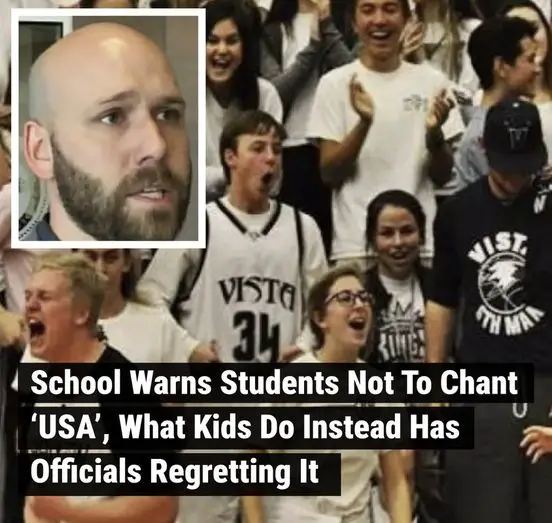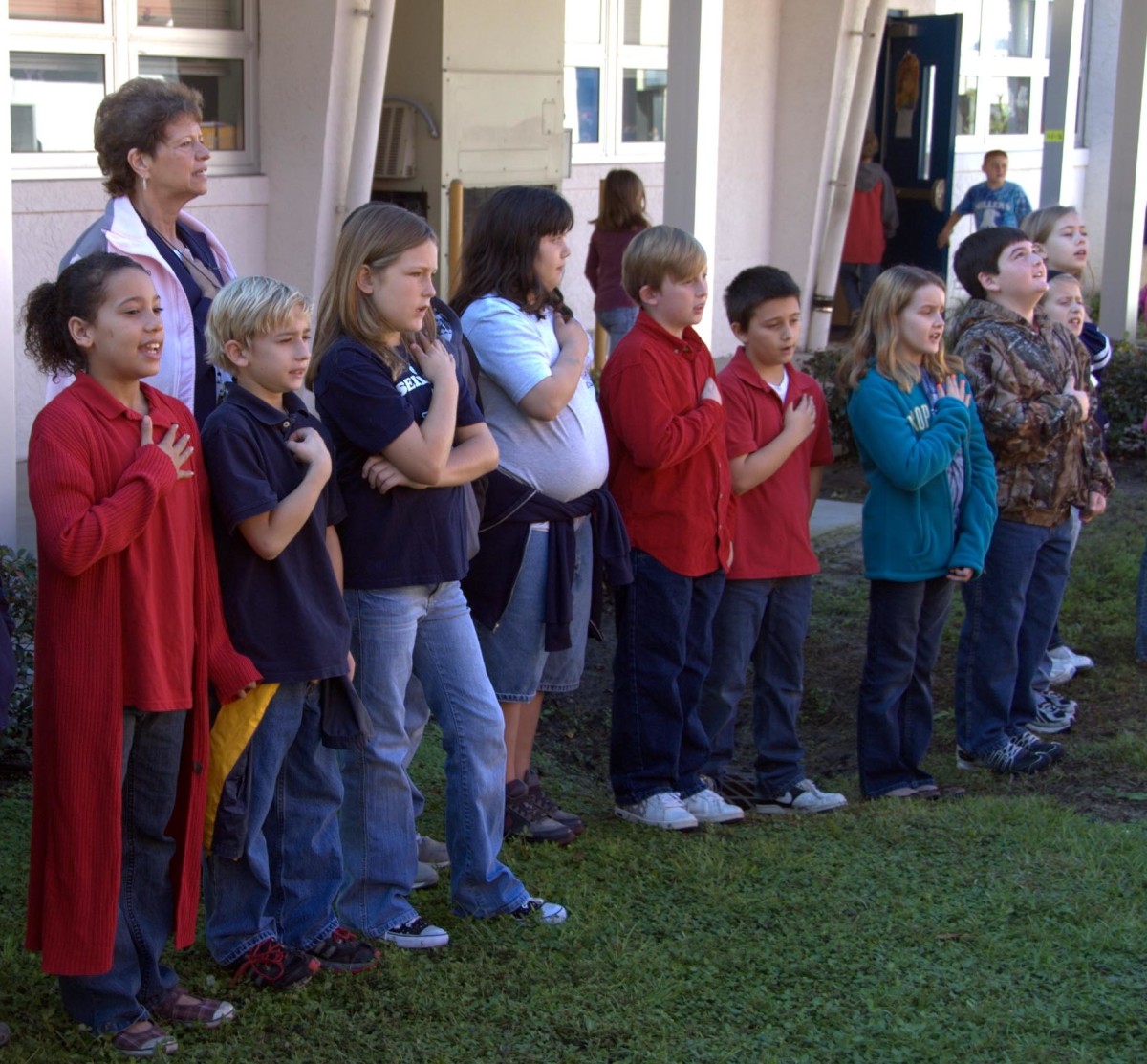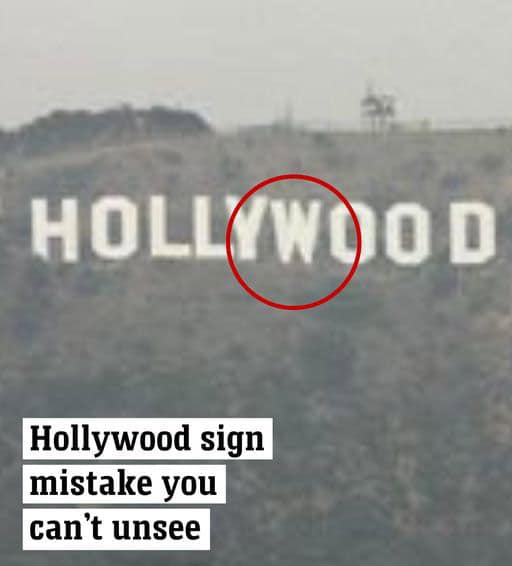
A California high school, Vista Del Lago in Folsom, found itself in the midst of controversy when students were told to stop chanting “USA” at sporting events and rallies. School officials believed that the chant, although patriotic, could be interpreted as exclusionary or offensive to some. Senior Ryan Bernal expressed confusion over the decision, explaining, “To say USA, you know, we’re all the same. We’re all American.”
The issue was first raised during a leadership class, with the school’s administration emphasizing the importance of practicing both kindness and patriotism. Daniel Thigpen, a representative of the school district, echoed this sentiment, stating that students should “practice empathy” while still showing pride in their country.
The decision sparked a fierce debate, both within the school and online, as some parents and community members saw the move as an infringement on free speech. “I wasn’t angry, but I was definitely like, ‘Why can’t we chant USA?'” Bernal shared, reflecting the confusion felt by many students.
Historically, the chant “USA” has been used in some schools as a taunt or derogatory slur against individuals of different ethnic backgrounds. This past misuse has made school officials cautious, as they do not want the chant to unintentionally convey the wrong message. However, Vista Del Lago’s administration clarified that there is no outright ban on chanting “USA.” The chant is still allowed during appropriate moments, such as after the Pledge of Allegiance or the national anthem.
Principal Mike Garrison noted that while the chant itself isn’t offensive, context matters. “There’s a time and place to yell that and cheer that,” he explained, underlining that the school’s goal is to ensure inclusivity.
The principal’s cautionary email to parents outlined the school’s position, stating that while the chant is encouraged in appropriate contexts, it can sometimes be misused, sending unintended messages. This email was also read over the school’s PA system to inform students about the policy.
One of the parents, Natalie Woodbury, voiced her support for the chant but agreed with the principal’s perspective, emphasizing that it should unite rather than divide. “I want to chant USA because I want us to pull together and help, not because I want anybody to feel left out or not a part of our country,” she said.
The online reaction was swift and passionate. Many readers took to social media to express their frustration, believing the school was taking political correctness too far. One person commented, “It is principals like this one that are little by little destroying our public schools. Be thankful the students were attending their school’s sporting events and voiced their love for our country.” Another added, “You kids chant USA as loud as you can! Thank the Lord for you kids! Hold your ground to your 1st Amendment God-given right!”
Despite the backlash, district officials stood by their decision, reiterating that the policy was not about silencing students but rather about ensuring that everyone feels included and respected. The situation at Vista Del Lago is not unique, as schools across the nation have grappled with how to handle the use of patriotic chants in ways that foster unity rather than division.
The controversy highlights a larger national debate about patriotism, free speech, and inclusivity. While some see the chant as a harmless expression of national pride, others argue that in certain contexts, it can be used to alienate or demean. The challenge for schools, therefore, is to balance the rights of students to express their patriotism with the need to create an environment where all students feel safe and valued.
Ultimately, the incident at Vista Del Lago serves as a reminder that words, even those as seemingly innocuous as “USA,” can carry different meanings depending on the context in which they are used. As schools continue to navigate these complex issues, it’s clear that fostering both patriotism and inclusivity requires thoughtful consideration and open dialogue.
This story is a perfect example of how a well-intentioned policy can ignite controversy, especially when it involves cherished symbols like the American flag or national pride. While the school may have hoped to promote understanding and kindness, it unintentionally sparked a debate that touches on core issues of identity, belonging, and the role of patriotism in public spaces.
The lesson for both students and administrators is that finding common ground on these issues is often more complicated than it seems, but it’s a challenge worth pursuing for the benefit of everyone in the community.




